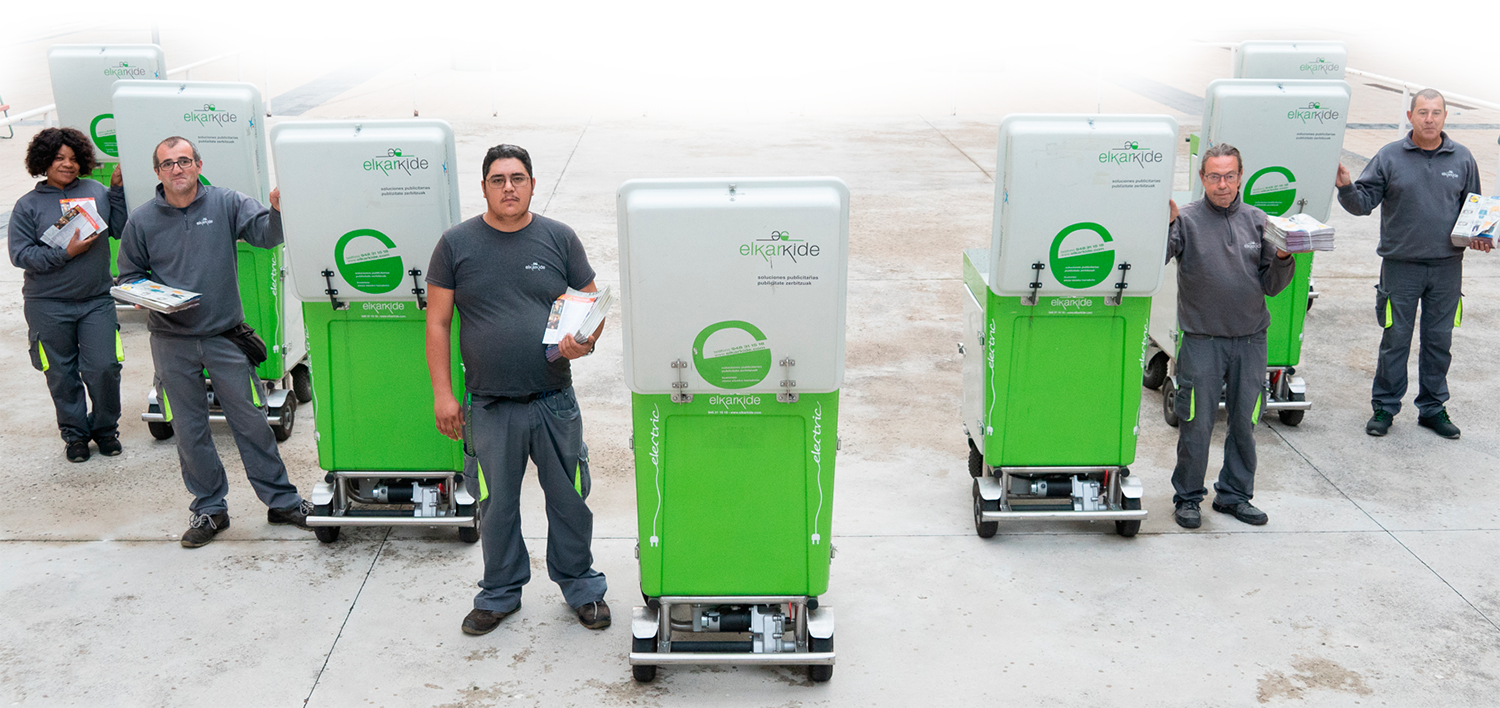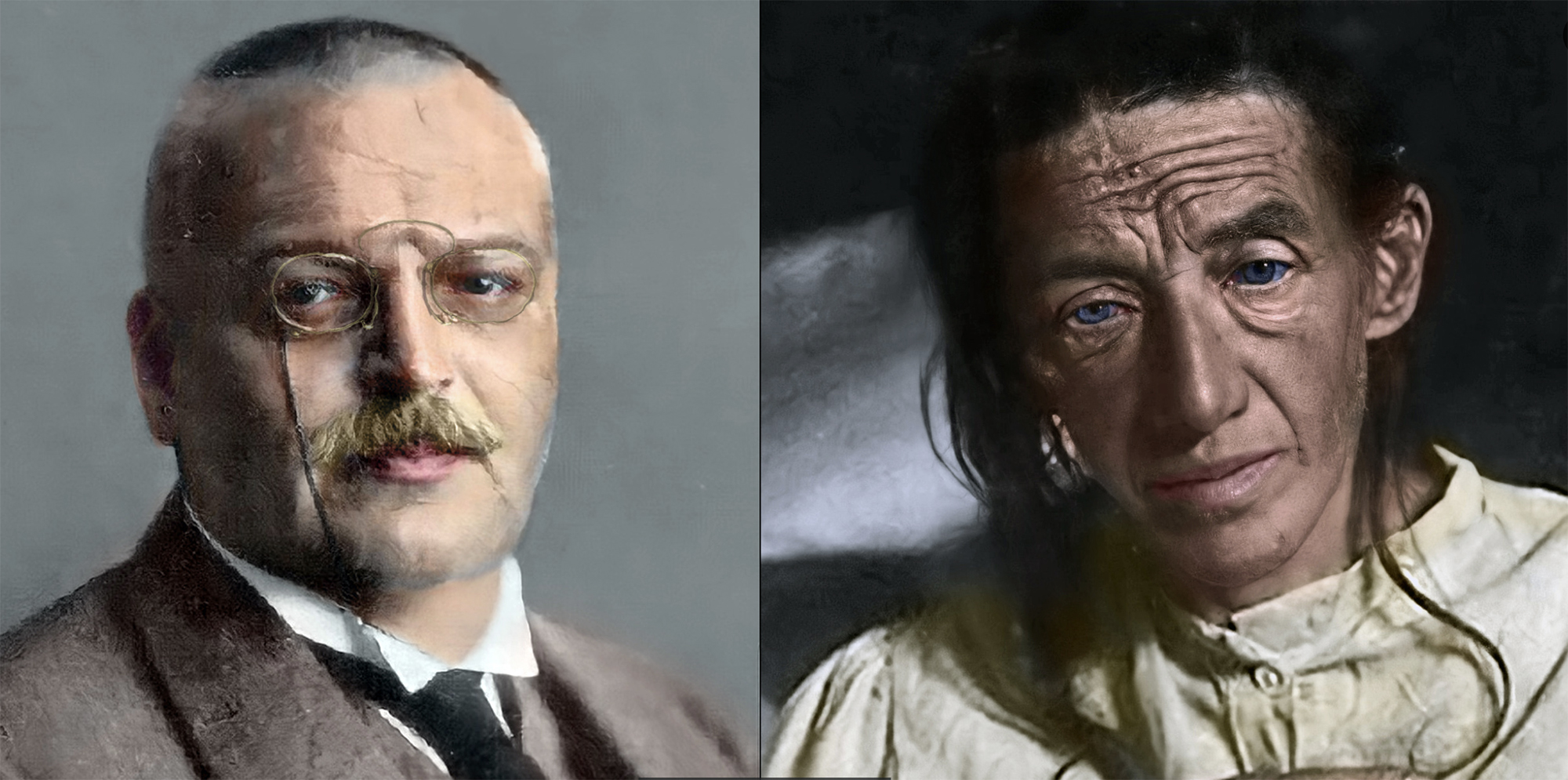The UPV and the CITA Foundation will set up a research center for Alzheimer's
- The project, developed by the University of the Basque Country (UPV/EHU) and the EHU foundation, aims to improve the quality of life of patients and seek prevention methods.

The University of the Basque Country (UPV/EHU) and the PL-Alzheimer Foundation will set up a Joint Centre for Alzheimer's Research in Alzheimer's Prevention (BCAP). After five years of joint work, both sides have signed a new partnership agreement which will be based on the establishment of the centre.
The scientific director of the CITA, Pablo Martínez-Lage, has considered the BCAP as a tool to cope with the future development of the disease. In CAV, according to Eustat data, there are currently around 40,000 people affected by Alzheimer's, compared with 75,000 expected by 2050. The continued ageing of the population will increase the number of people suffering from Alzheimer’s and other neurological diseases, but with this type of research, Martínez-Lage has pointed out that cases can be prevented and “active and healthy aging” encouraged.
The Vice Chancellor of Science and Social Development of the UPV/EHU, Guillermo Quindós, has agreed. In addition to preventing Alzheimer’s, the aim of the project will be “to seek solutions to improve the quality of life of patients” from different areas of knowledge.
The BCAP will develop the training of researchers, provide scientific dissemination and health training, develop public awareness programmes and establish collaborative research lines based on data collection. A number of associations will be involved. Among others, the Qualiker group that works on Alzheimer from the socio-emotional point of view; the SPIN group that develops virtual support technology for patients; or Aldapa, machine learning and artificial intelligence.
Frankfurt, Germany, 1901. The psychiatrist and neurologist Alois Alzheimer first saw the patient Auguste Deter. The 51 year old German housewife was a strange case. "The patient is sitting and seems unprotected," Alzheimer said: "What's your name? Auguste. What is your husband's... [+]
“Houston, we have a problem!”
Well, to say that we have a single problem, as things are, can be a temerity, but this time I want to focus on an issue that concerns us and affects us internally, mental health.
Historically, suffering has had a profound meaning and meaning... [+]
Last summer I taught a course on the prevention of neurosis as part of the Hik Hasi educational meetings. Many people signed up because the title was attractive, the safest, because it implied that mental health (or lack of health) is not something random, but something that can... [+]
2010ean Albert Piquerrek telekomunikazio enpresa batean egiten zuen lan, presio handiko lan eremu oso lehiakorrean. "Gauza asko ondoeza eragiten hasi zitzaizkidan, eta egun batean dena lehertu zen eta lana utzi nuen. Nire bizitza pixka bat gelditu egin zen". Piquerrek... [+]




















